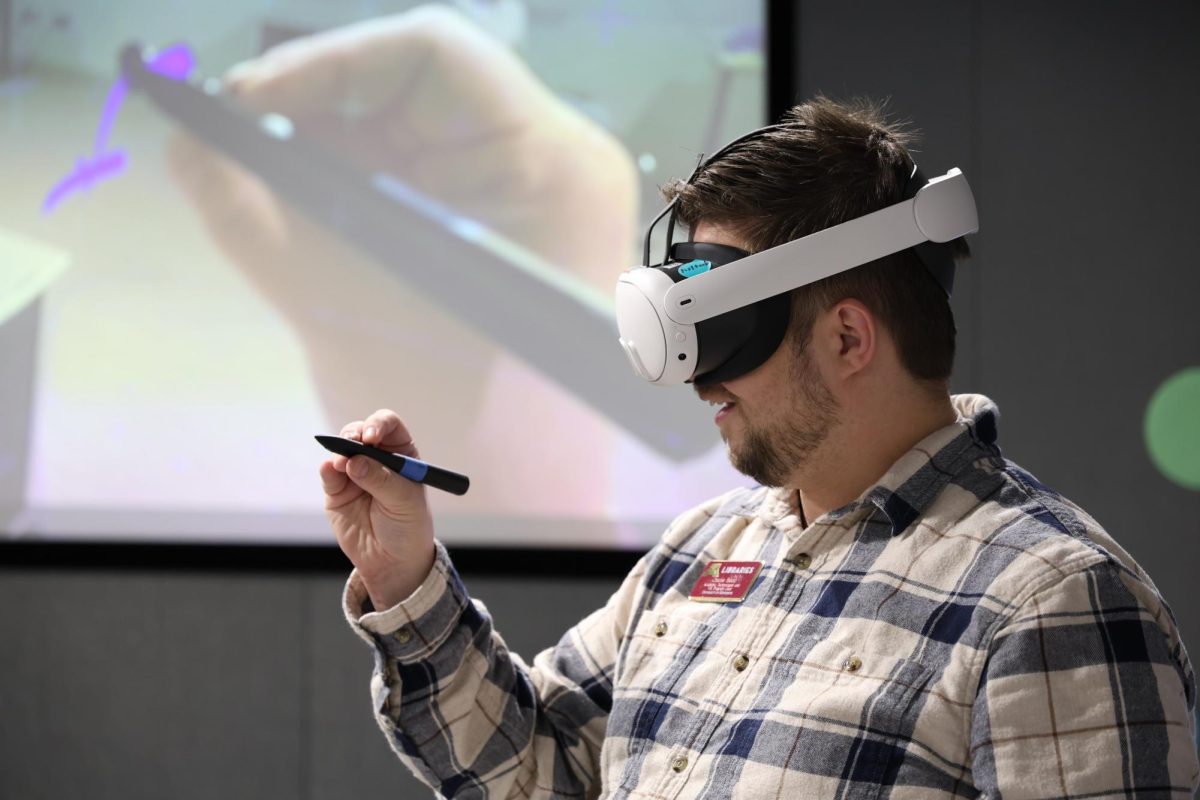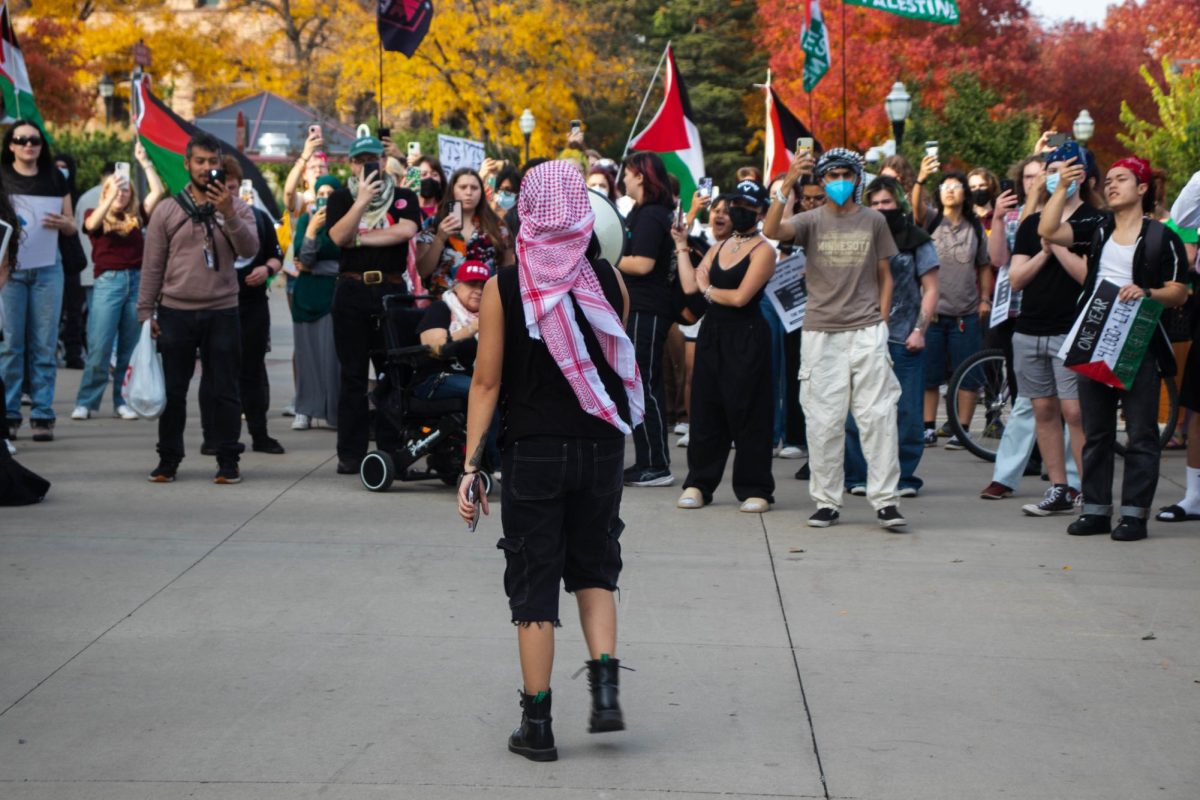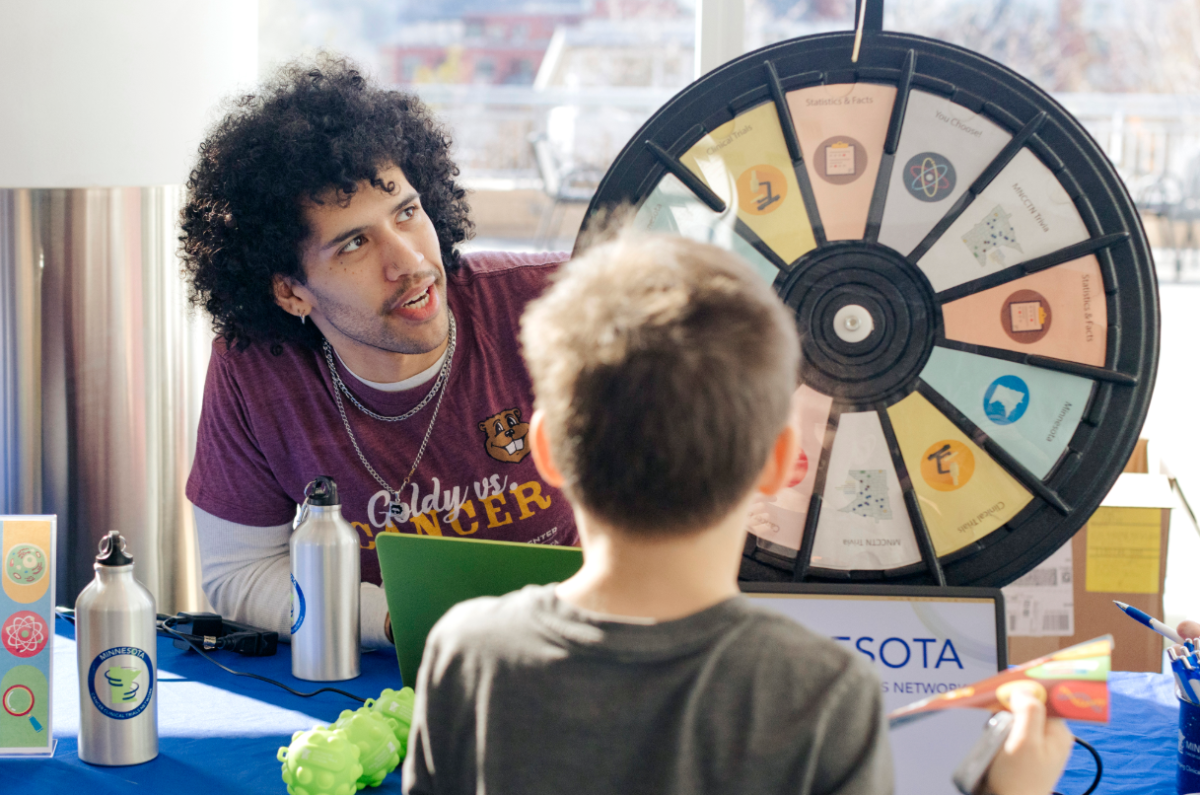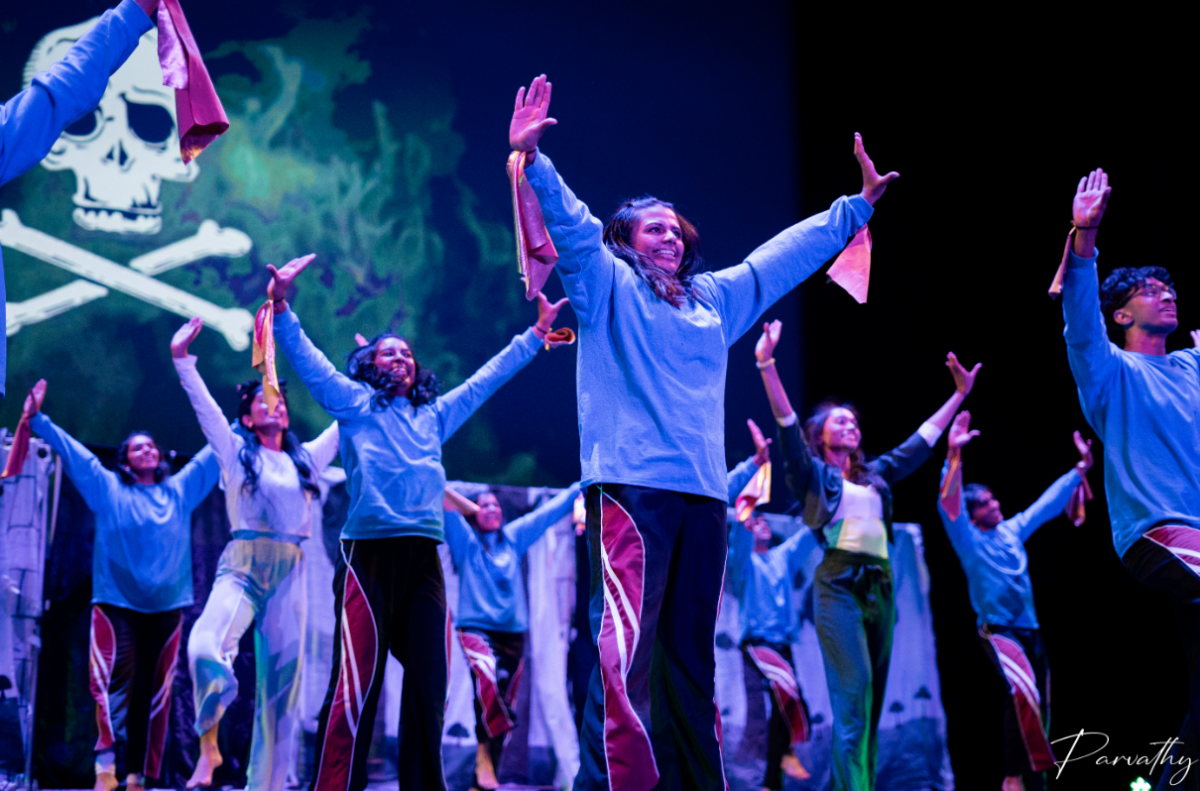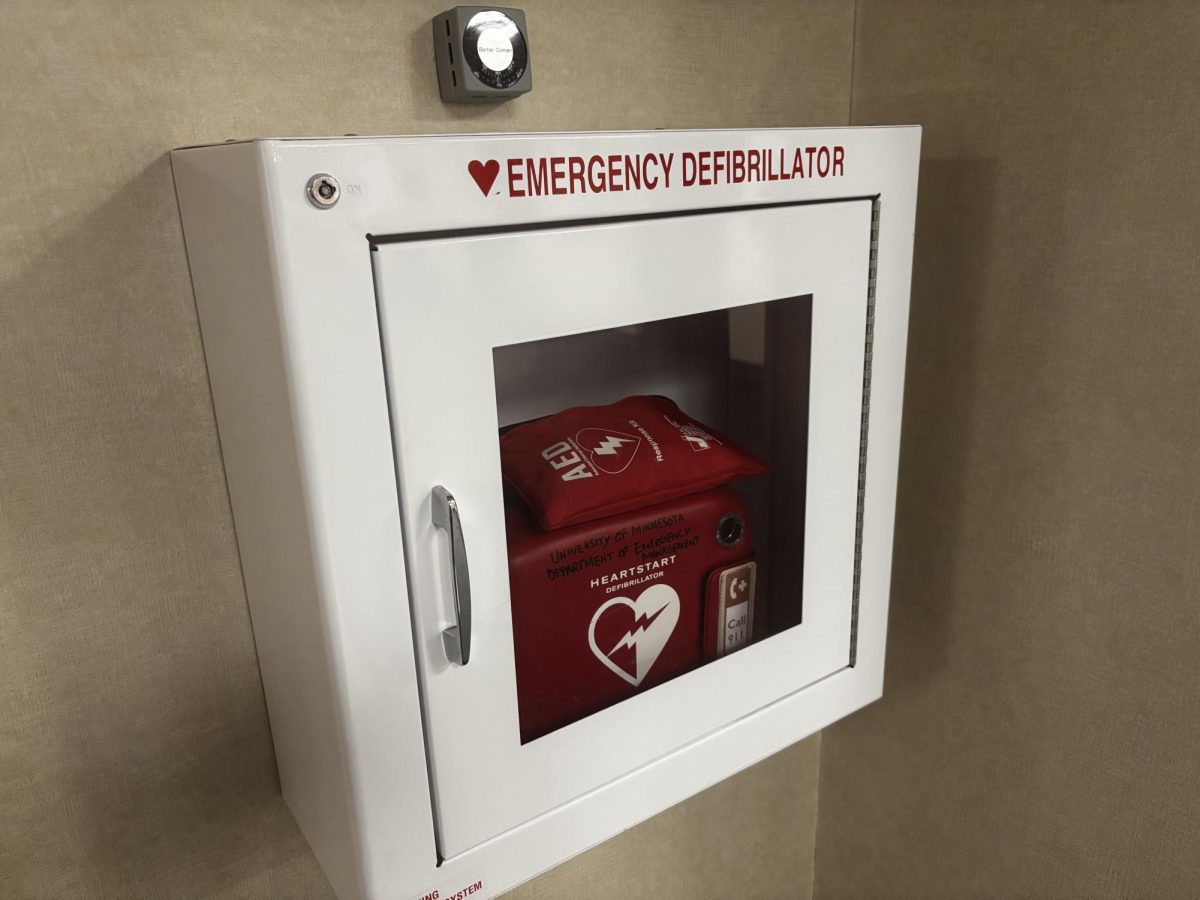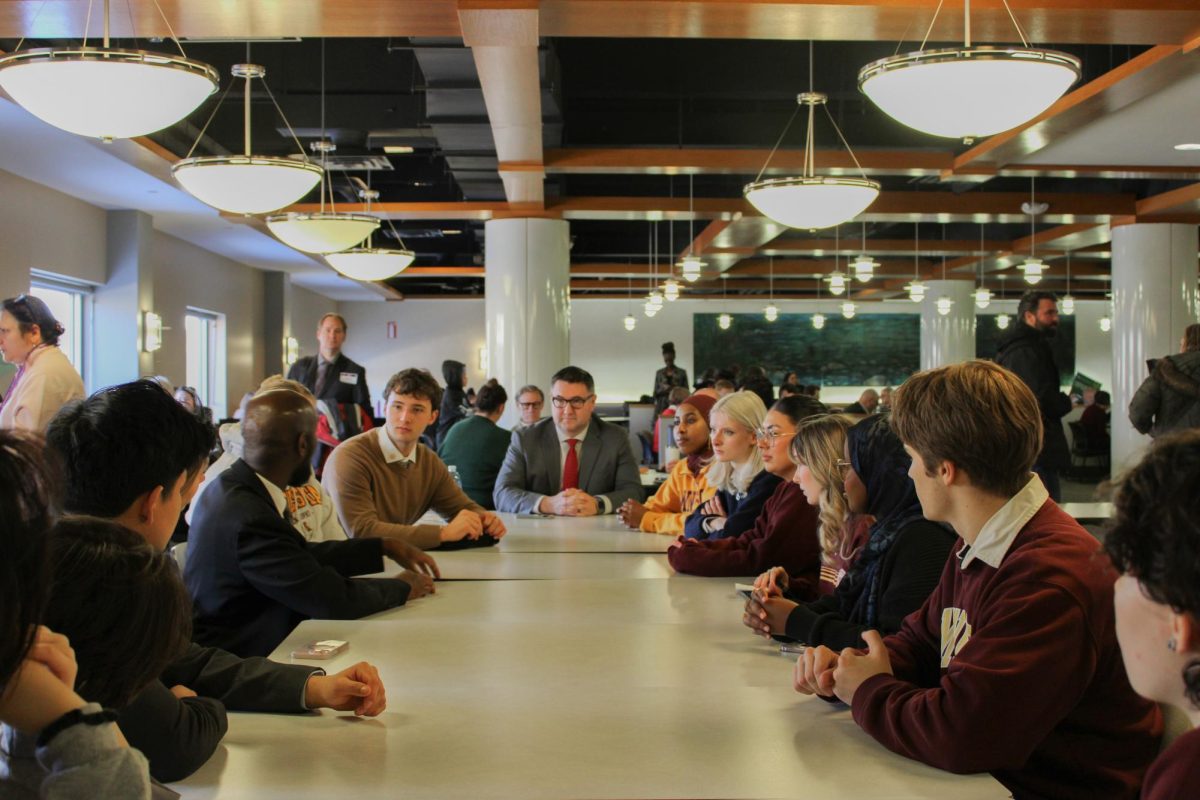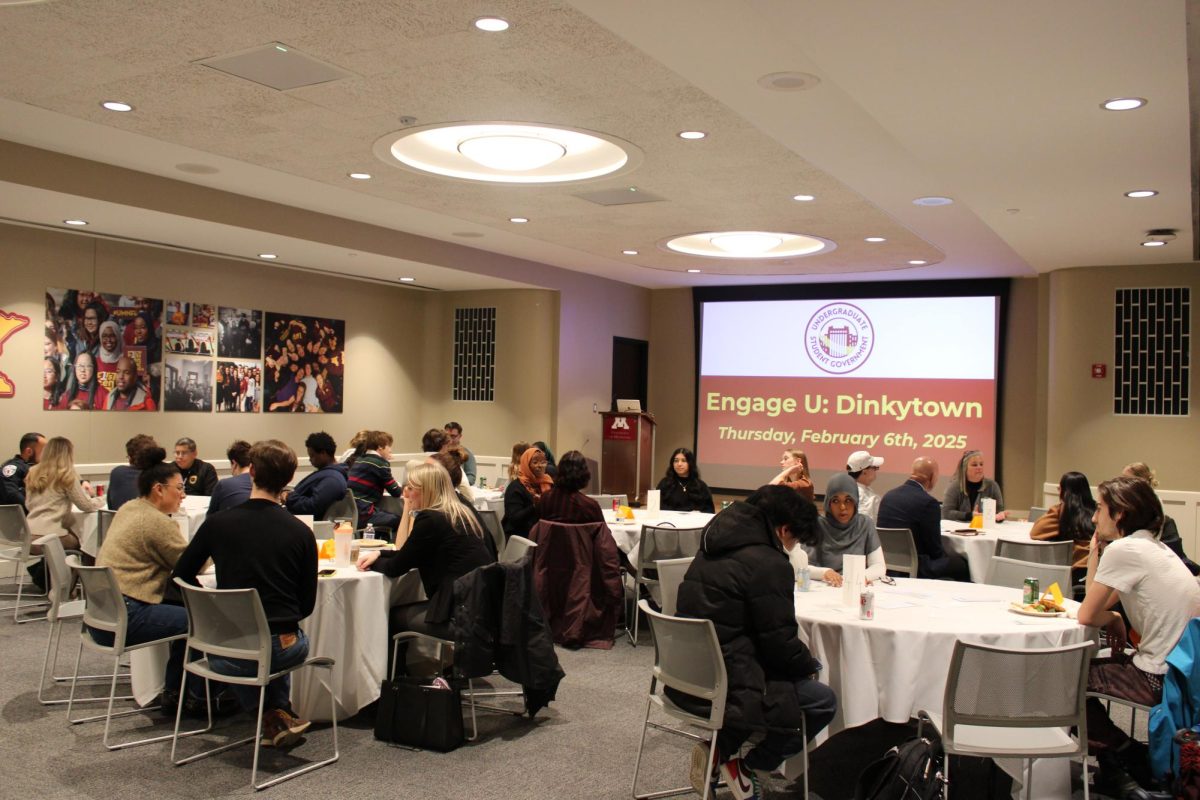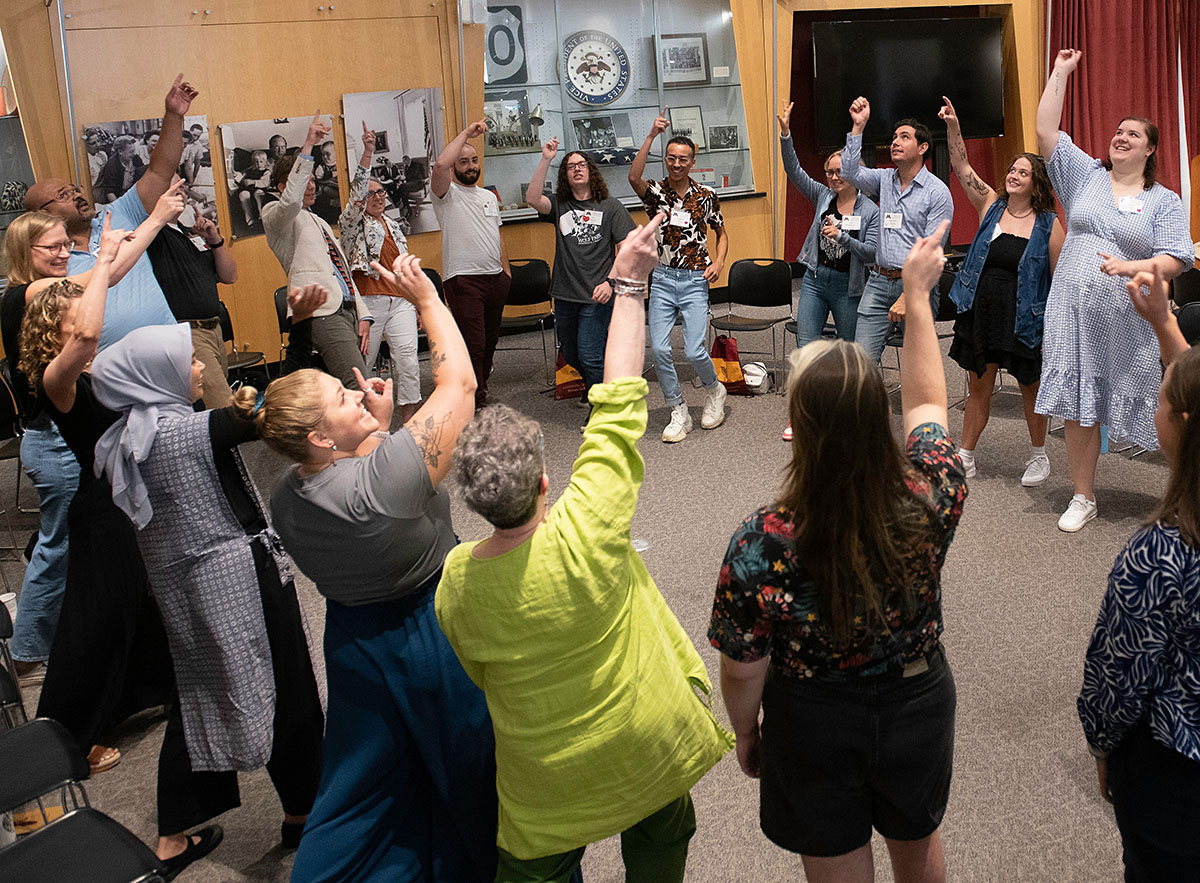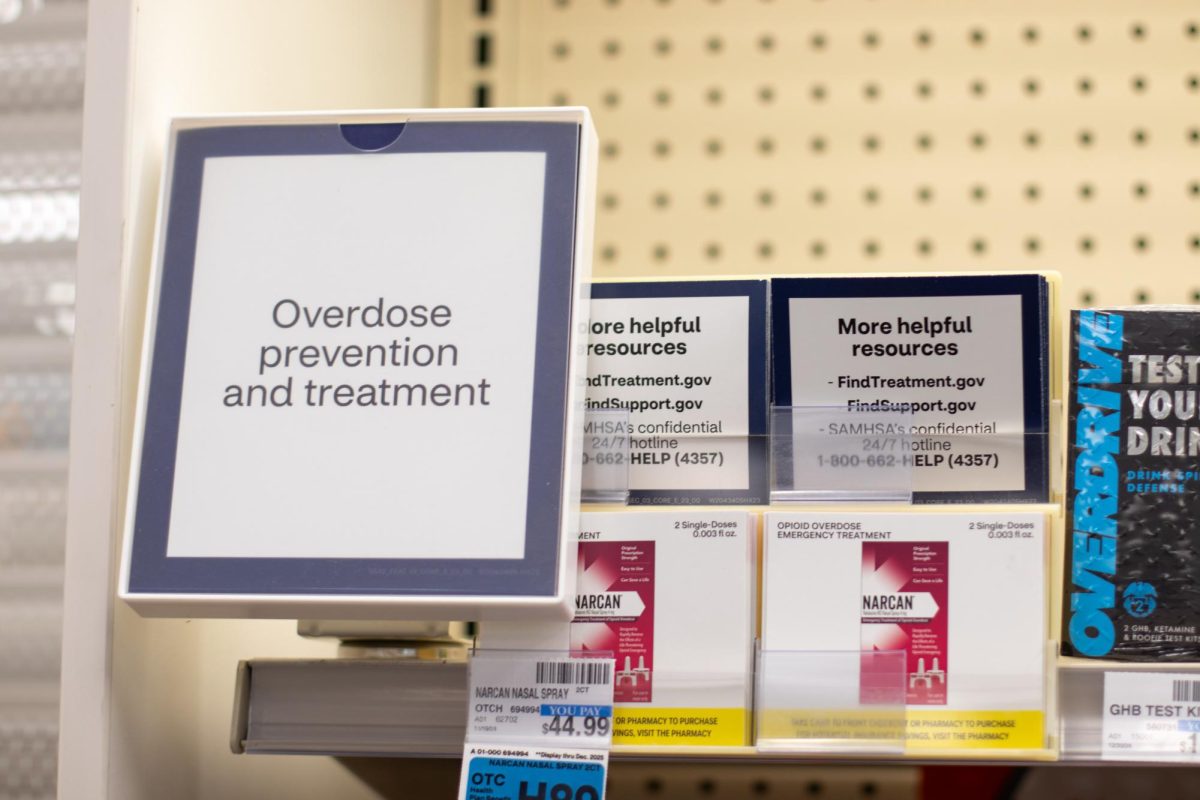Mini Medical School celebrated 25 years with another successful fall session that ran from Nov. 6 to Nov. 20.
The program, run by the Office of Clinical Affairs at the University of Minnesota, is a virtual event hosted twice a year in the spring and fall.
Sessions are open to greater community members with an interest in medicine and offer a glimpse into the health sciences at the University.
Topics differ in each session. In the past, the program covered topics such as food and nutrition, mental health and aging.
This year’s Mini Medical School, “Bones Across the Ages,” discussed bone health. Through three virtual sessions offered on Nov. 6, 13 and 20, participants learned about pediatric and adolescent orthopedics, sports medicine and geriatric bone health from faculty members from the University’s Department of Orthopedic Surgery.
The Mini Medical School was founded in 1999 as an in-person event in Moos Tower. In 2020, the event shifted to a virtual format, which was able to reach a wider audience, Communications Project Manager Gao Vang said.
“It opened it up to people from across Minnesota, people who wouldn’t be able to have made it otherwise, we have people tuning in from across the country,” Vang said.
The program is usually free, Vang said, and while the organizers are still fine-tuning the virtual format, its goal is to make health sciences accessible to the broader community.
With the community-driven approach in mind, Vang said the goal of Mini Medical School is to answer community members’ questions and connect them with expertise and research to understand answers to their questions and advancements made in the field.
“If we can bridge that and connect the community members with knowledge here and research that’s happening in real-time, advances that we’re making at the University, I think that’s really the ultimate goal,” Vang said.
Vang said a lot of attendees are retirees who may have a lot of questions about aging. The Mini Medical School aims to share their knowledge as best they can, she added.
Ann Van Heest, vice chair for education in the Department of Orthopedic Surgery, was this year’s moderator. Van Heest said she enjoyed getting to hear colleagues speak about their areas of research. She said the Department was a natural fit for this year’s sessions.
“Our department has about 100 physicians and affiliates who are part of our musculoskeletal health care,” Van Heest said. “We had never participated, and they’re looking for new topics every time, and we’re a very common health problem.”
In medicine, healthcare literacy, which is how well you read and understand health, is often talked about. To Van Heest, it is important for the public to have an understanding of their own health and improve their healthcare literacy.
“Your literacy in healthcare is how much you know and understand about your own health and the health of others,” Van Heest said. “And so it’s important for everybody to improve their healthcare literacy, to better understand their own health and the health of their friends and family.”



